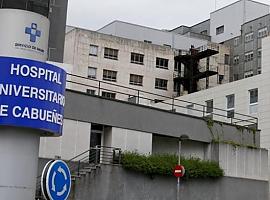Istanbul/Turkey.-The recent re-emergence of polio in Syria and its subsequent spread is a direct result of the regime's policy of subjecting civilian populations to collective punishment as a means to quell resistance to Assad.
The international news agency Reuters reported on Tuesday that the province of Dier Ezzor, epicentre of a November polio outbreak, was excluded from a vaccination programme on regime orders. Reuters reported that the World Health Organisation had been told by the regime that the region on Syria's eastern border did not require a vaccination programme as it had been depopulated due to conflict.
The regime routinely forces international aid agencies to work with it so that they can deny food, medicine and fuel to civilians. The regime does this in attempt to force Syrians to submit to its continued tyranny. This policy amounts to collective punishment.
"For the regime, causing a polio outbreak is just a continuation of its politics of brutality by other means. It is of little consequence to Assad that this outbreak will leave a horrific legacy across Syria and the region for decades to come," said the Coalition's Secretary General Badr Jamous.
The Coalition's aid arm, the Assistance Coordination Unit, has expressed concern that the disease, which predominantly strikes children and leaves survivors crippled, has spread out of Dier Ezzor, with cases now reported in Aleppo and Damascus.
The ACU explained that as the United Nations still recognises the regime as Syria's legitimate government, its agencies can only carry out their programmes with its consent. Without the regime's permission, UN agencies are legally prevented from working in either regime or rebel held areas.
Evidence of the regime denying polio vaccination in Dier Ezzor comes a day after the United Nations announced a $6.5 billion appeal, its largest ever in response to a single humanitarian crisis, aimed at helping civilians survive deteriorating conditions inside and outside the country.




















